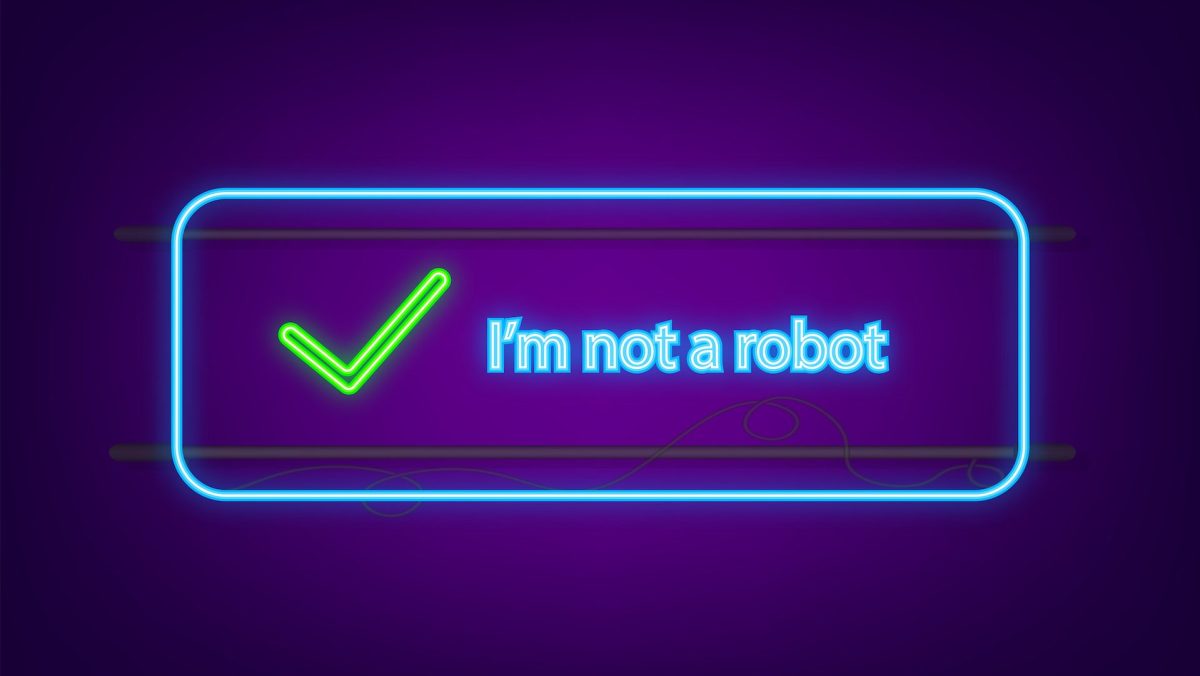Feds probe $283,000 email hack
Nov. 17—TRAVERSE CITY — A September email hack netting a scammer $283,000 in Medicaid reimbursement funds is now being investigated by the U.S. Dept. of Homeland Security.
“There is an agent out of Grand Rapids doing a forensic investigation,” said Brian Martinus, interim CEO of Northern Lakes Community Mental Health Authority.
“They’re working with Northern Lakes and GTI to see if we can recover some of those assets back to the agency,” Martinus said Thursday during a Northern Lakes board meeting.
Traverse City Police previously confirmed the hacker, falsely posing as a representative of Grand Traverse Industries, emailed Northern Lakes asking for banking information.
An unnamed staffer or staffers with Northern Lakes responded by providing the information, police said, and that’s when the theft took place.
Capt. Keith Gills confirmed Thursday that local police have provided information to the federal agency, and that they’re working together on the case.
Gillis said subpoenas have been issued to area banks, their response has been slow and the federal agent assigned to investigate is likely tracking the hacker’s IP address — internet protocol, or the unique number linked to all online activity.
“They used a computer and that leaves a trail,” Gillis said.
This is the second time Martinus has updated Northern Lakes board members on the case, an example of how leaders say they are focused on improving transparency of an organization that has faced a series of financial and other challenges.
The Northern Michigan Regional Entity, which manages Medicaid funds for Northern Lakes, is essentially functioning as an emergency manager after Northern Lakes in September placed two executives on administrative leave and the human resources officer was fired.
Joanie Blamer, chief operations officer, and Lauri Fischer, chief financial officer, remain on paid leave, pending an investigation, Martinus previously said, adding that the decisions were unrelated to the email hack.
Northern Lakes contracted with a professional advisory firm, Rehmann, to take on the responsibilities of a CFO for $45,000 a month beginning Oct. 1, an agreement provided to the Record-Eagle shows.
Rehmann’s Richard Carpenter…




